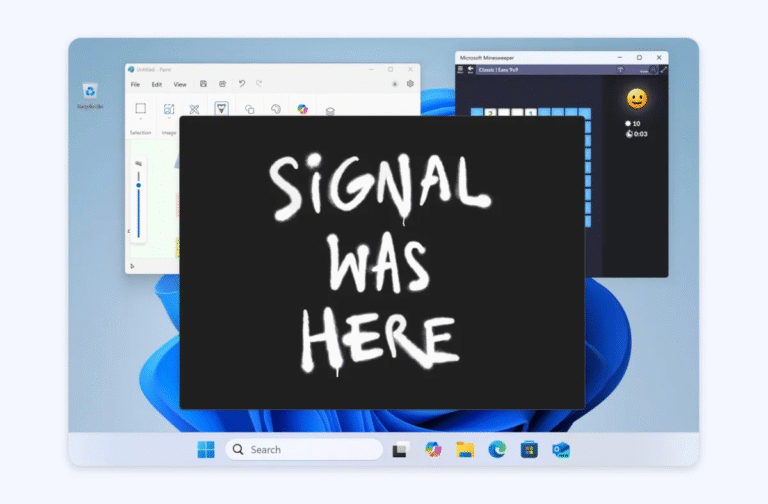Elon Musk, a prominent figure in technology and artificial intelligence (AI), is at the heart of a complex conflict that intertwines government policy, corporate competition, and groundbreaking AI advancements. The rivalry between Musk’s xAI and Sam Altman’s OpenAI has escalated, with allegations, counterclaims, and public disagreements highlighting the growing stakes in the AI industry. The term “Stargate fight” has emerged as a key descriptor for this confrontation, representing the crucial intersection of AI innovation and national priorities.
The Legal Dispute: xAI Challenges OpenAI
Musk’s xAI has accused OpenAI of unfair business practices, alleging that the organization discourages investors from backing competing AI initiatives. This lawsuit underscores Musk’s active involvement in reshaping the future of AI by advocating for equitable access to the resources and infrastructure required for innovation. OpenAI, supported by major players like Microsoft, has yet to provide detailed responses to these claims, but the legal battle underscores the fiercely competitive environment.
Complicating matters, Musk is also leading the Department of Government Efficiency (DOGE), a U.S. advisory body tasked with recommending significant reductions to federal agencies. Backed by an executive order from President Donald Trump, DOGE has encountered legal challenges, but its potential to influence government policies remains significant. Critics argue that Musk’s simultaneous roles in government advising and corporate leadership raise concerns about potential conflicts of interest, particularly if DOGE’s policies indirectly benefit xAI.
The Stargate Debate: Balancing National and Corporate Goals
The conflict gained public attention when Musk and Altman exchanged sharp remarks on social media. Altman’s comments about the “Stargate” project—a metaphor for transformative AI infrastructure—highlighted differing perspectives. Altman, a proponent of large-scale AI initiatives, defended the project by stating, “Stargate is great for the country. I realize what is great for the country isn’t always what’s optimal for your companies, but in your new role, I hope you’ll mostly put [US] first.”
Despite his criticism, Altman acknowledged Musk’s impact on innovation, saying, “I genuinely respect your accomplishments and think you are the most inspiring entrepreneur of our time.” However, he also expressed frustration, adding, “I don’t think [Musk is] a nice person or treating us fairly, but you have to respect the guy, and he pushes all of us to be more ambitious.”
The Race for AI Infrastructure

xAI’s ambitious growth strategy hinges on securing advanced infrastructure. Reports indicate that the company has already invested $12 billion in a data center in Memphis and plans to spend billions more on expansions. These massive investments underscore the financial challenges of staying competitive in the rapidly evolving AI field.
Meanwhile, Microsoft, a key OpenAI partner, has committed $80 billion to developing AI data centers—an unprecedented investment aimed at strengthening its position in the market. During the World Economic Forum in Davos, Microsoft CEO Satya Nadella sidestepped questions about Musk’s criticism, commenting, “All I know is, I’m good for my $80 billion.” Musk responded with his characteristic directness, saying, “On the other hand, Satya definitely does have the money.” Nadella countered, “And all this money is not about hyping AI, but is about building useful things for the real world,” emphasizing Microsoft’s focus on practical AI applications.
The Broader Impact of the Stargate Fight
The “Stargate fight” sheds light on the evolving dynamics of AI development and its far-reaching implications. As xAI and OpenAI compete for leadership, the consequences extend beyond business success. Issues such as national security, global competitiveness, and the ethical governance of AI are at the forefront. The dispute between Musk and Altman illustrates the tension between individual ambition and collective societal goals, with both claiming to act in the national interest.
This intensifying rivalry underscores the immense stakes involved in the AI revolution. Whether through courtroom battles, government decisions, or technological milestones, the resolution of the Stargate fight will shape the future of AI for years to come. For now, all eyes remain on Musk and Altman as they continue to redefine the boundaries of augmented intelligence.








